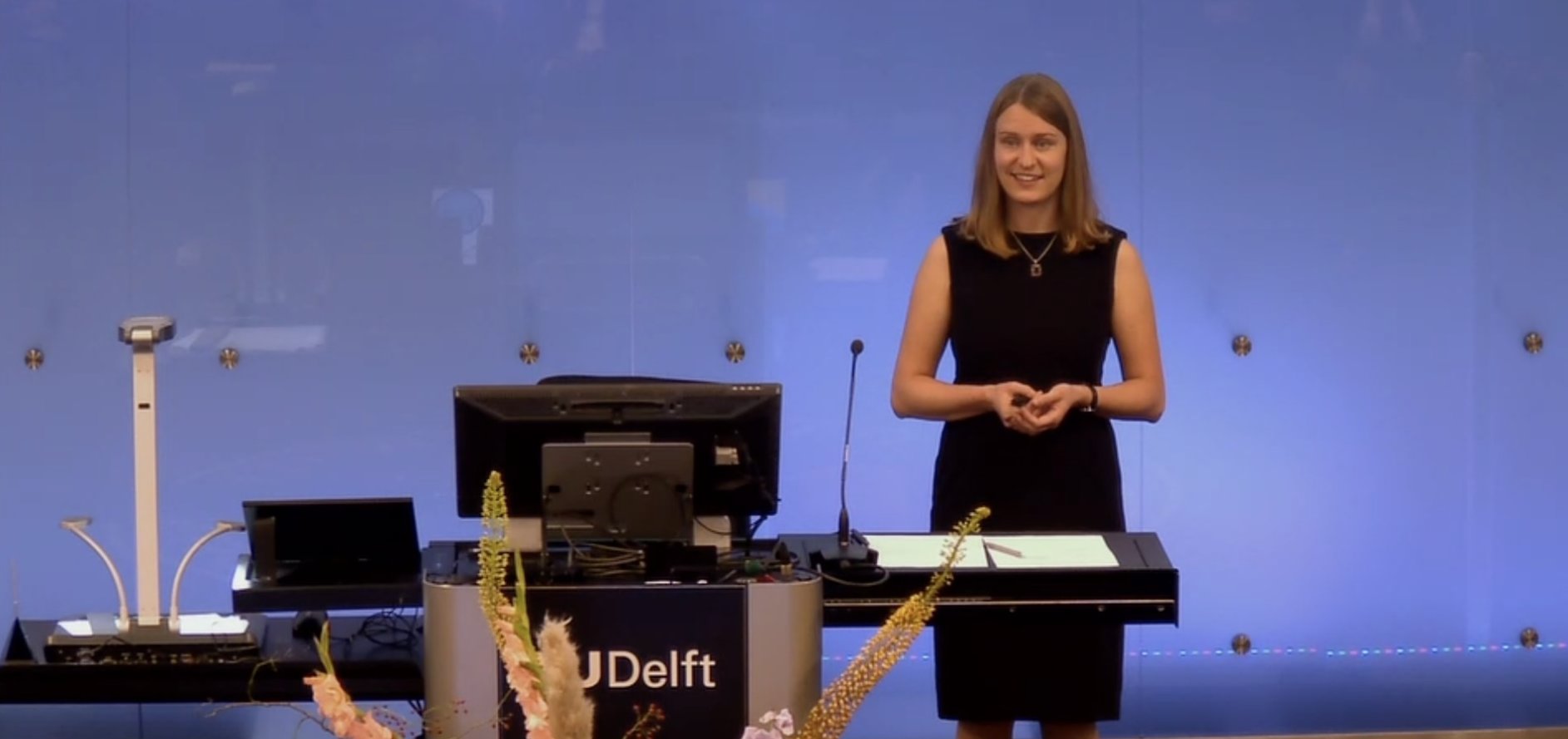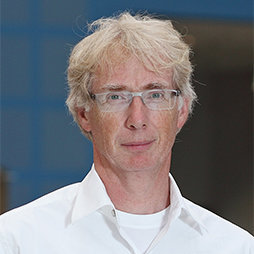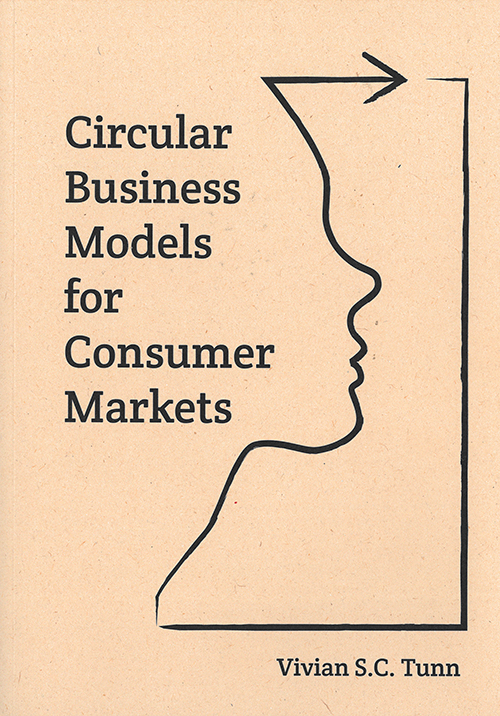How circular business models keep consumers in the loop
The circular economy is a hot topic these days. Moving away from the old linear model of take-make-consume-throw away, the circular model is a closed-loop system that involves more than simply recycling waste. It’s a process that involves several inter-dependent phases, including sustainable design – or designing out waste. And there are many actors involved in making it work. For her PhD, Vivian Tunn looked at things from the consumer perspective to investigate how circular business models can be designed to enable sustainable consumption.
Growing up in Germany, Tunn says she was always very connected to nature. She recalls spending time in the forest with her parents, picking mushrooms and cherries and climbing trees. It was natural then that sustainability became a driving force in her life. “During my master’s I learned about the circular economy concept and thought it made so much sense,” she said. “It just intuitively makes sense to use less, to reuse things rather than buy new stuff, to fix things and produce less waste.”
Framing the question
Sustainable consumption looks at things from the consumer perspective, like changing how people consume, while circular business models (like Rotterzwam or Swapfiets, for example) are more concerned with how companies operate. The question that Tunn wanted to investigate was how those two things could be combined. To explore that, she undertook several studies that focused on three challenges of circular business models in the consumer market: design, adoption and use. More specifically, the studies centred on the uncertainties regarding the design of circular business models that lead to sustainable consumption, the lack of consumer adoption of circular business models and the lack of understanding of consumers’ use experiences and behaviours in circular business models.

A business model with potential
To look more closely at the consumer adoption and use aspects, Tunn focused on access-based product service systems (AB-PSS). These types of business models include car sharing, bike sharing or car leasing, but can also be non-mobility products. The core of these business models is that consumers do not own products but they share, rent or lease them. The idea is that it could be more sustainable because fewer products are needed when several consumers use the same product. And theoretically, the company takes more care of the products, thereby extending the product lifetimes.
Business models such as AB-PSS are interesting, Tunn says, because they have the potential to quickly improve environmental sustainability if they are designed and implemented well. Ultimately, she found that the development of circular business models in general is complex because they need to simultaneously contribute to the companies’ bottom line, sustainability, and satisfy consumers.
Everyone is part of the solution
With an emerging concept like circular business models, there is still much to be studied. But one thing is clear to Tunn: sustainability is everybody’s business. “We definitely need big systems change. I think the question of who should act is kind of redundant because everyone should. We need government policy that actually steers us towards the right things. We need companies that actually care about sustainability and that offer more sustainable solutions. As a consumer, you choose the option, but you also need companies to offer it and the government to provide the framework to enable all of that. I don’t think putting the responsibility on one single part of the economy, on one single player like consumers, makes any sense.”
Knowing what’s next
Reflecting on the research process and what lies ahead, Tunn says designers can also be seen as problem solvers. “I see myself as trying to address and to a certain extent solve the sustainability circular economy issue by designing or developing new business models that are attractive to consumers and environmentally beneficial.”
With her PhD completed, Tunn recently started working for Statistics Netherlands (CBS), the Dutch national office for statistics. As a researcher and project leader she is supporting the transition to a circular economy using data and monitoring, but now more in the policy context.

Jan Schoormans
- +31 (0)15 27 84840
- J.P.L.Schoormans@tudelft.nl
- Publications
-
Room B-4-080
"Bij ons staat op de keukendeur: Het is niet altijd rozengeur."

